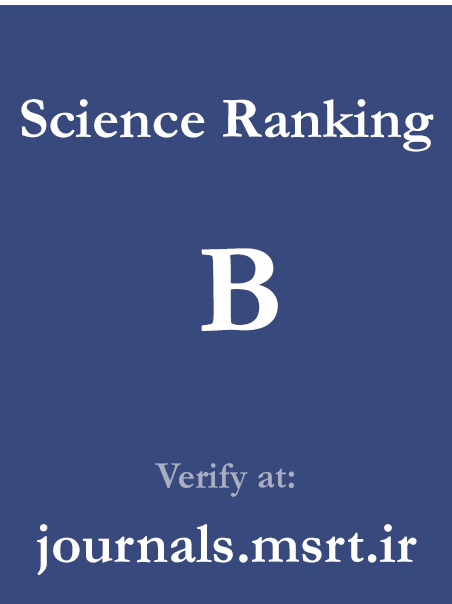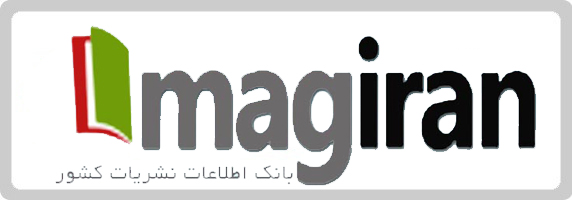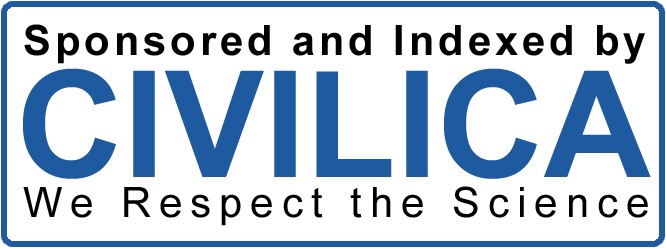Identification of Curriculum Components for Environmental Ecosystem Protection with a Passive Defense Approach
Keywords:
Curriculum, Ecosystem Protection, Environmental, Passive DefenseAbstract
The aim of this study was to identify the curriculum components for environmental ecosystem protection through a passive defense approach. The present research employed a qualitative meta-synthesis method. The research setting included all Iranian articles (2009–2023) and international articles (2007–2023). The sampling method in the qualitative meta-synthesis section was purposive, continued until data saturation, and resulted in 31 articles selected through a screening process from an initial pool of 91 articles. Data analysis was conducted based on a hierarchical structure of open concepts, organizing concepts, and overarching themes. The findings revealed that the curriculum for environmental ecosystem protection with a passive defense approach includes the following dimensions: In the materials/resources dimension, four components were identified: in-person field visits, simulation software, the internet, and supplementary books. In the space dimension, three components were identified: spatial interpretation, engagement with space, and sense of place. In the time dimension, two components were identified: out-of-school time and school time. In the grouping dimension, three components were identified: interest-based grouping, subject-based grouping, and agency-based grouping. In the evaluation dimension, four components were identified: formative assessment, practical assessment, intentional assessment, and multi-dimensional assessment.
Downloads
References
1. Abedi G, Golahmadi Shargh E, editors. The role of passive defense in modern security: strategies, implementations, and emerging trends2022 2024; Tabriz.
2. Arash B, Shahla E. An analytical approach to the issue of passive defense in relation with preservation of urban elements. Current World Environment. 2014;9(2):350-7. doi: 10.12944/CWE.9.2.19.
3. Atesh Panjeh H, Hasan, Amini M, editors. Passive defense and the environment2017 2017; Tehran.
4. Khaki A, editor Principles of passive defense and crisis management in creating safe schools (challenges and opportunities)2017 2019; Isfahan.
5. Marzouqi R, Naseri Jahromi R, Karbasian M, Torkzadeh J, Mohammadi M. Designing and validating the curriculum framework for passive defense education in the secondary school period of the Islamic Republic of Iran. Curriculum Research. 2017;7(2):15-42.
6. Naseri Jahromi R, Marzouqi R, Karbasian M, Torkzadeh J, Mohammadi M. Passive defense education curricula. Crisis Management. 2015;4:87-96.
7. Bezi A, Fakoori H, Bayani AA, Saemi H. Design and Validation of an Environmental Education Curriculum Model for Higher Education Based on the "Aker" Approach. Iranian Journal of Educational Sociology. 2024;7(1):79-90. doi: 10.61838/kman.ijes.7.1.8.
8. Ni L, Fayaz Ahmad S, Alsanie G, Lan N, Irshad M, Bin Saeed RH, et al. Investigating the role of green curriculum in shaping pro-environmental behaviors and environmental values orientation for sustainability. International Journal of Sustainability in Higher Education. 2024. doi: 10.1108/IJSHE-05-2023-0207.
9. Zangori L. Energy and Your Environment (EYE): Place-Based Curriculum Unit to Foster Students’ Energy Literacy. 2023:59-82. doi: 10.1007/978-3-031-37391-6_4.
10. Dillon J, Herman B. Environmental education. Handbook of research on science education2023. p. 717-48.
11. Akbari M, Shahnazi A, Shokouhifard H. Alignment of the intended, implemented, and achieved curriculum in the human and environment course of the eleventh grade. Journal of Environmental Education and Sustainable Development. 2023;12(11):1-17.
12. Saeedinia A, Mahmoudi F, Imanzadeh A, Taghipour K. Investigating the elements of the project-based curriculum model in the elementary period and its validation: A qualitative study. Research in Curriculum Planning. 2022;19(37):101-20.
13. Omrani P, Afkari F, Ghaderi M. The effect of flipped learning on the academic engagement of students in the subject of human and environment. Curriculum Studies. 2023;18(69):293-312.
14. Satterfield JM, Werder K, Reynolds S, Kryzhanovskaya I, Curtis AC. Transforming an educational ecosystem for substance use disorders: A multi-modal model for continuous curricular improvement and institutional change. Substance Abuse. 2022;43(1):1353-62. doi: 10.1080/08897077.2022.2070073.
15. Saeedi A, Meiboudi H. Challenges of environmental education evaluation in green schools of Iran and solutions to improve the current situation. Journal of Environmental Education and Sustainable Development. 2022;11(2):107-17.
16. Chermahini AM, Mardomi K. The role of natural disaster museums as training centers in discussions of passive defense. Journal of Disaster Research. 2015;10(4):555-63. doi: 10.20965/jdr.2015.p0555.
17. Jumanov AM, Tolibjonovna HS. Forming ecological thinking in students on the basis of interdisciplinary relationships. Web of Scientist: International Scientific Research Journal. 2022;3(8):241-4. doi: 10.35940/wos.v3i8.209.
18. Umarjonovna DD. Interactive methodology of teaching the science of environmental protection to school in educational institutions. Web of Semantic: Universal Journal on Innovative Education. 2023;2(3):295-302. doi: 10.35940/wos.v2i3.198.
19. Falloon G, Powling M, Fraser S, Hatisaru V. Shaping science, technology, engineering and mathematics curriculum in Australian schools: An ecological systems analysis. Australian Journal of Education. 2022;66(2):171-95. doi: 10.1177/00049441221079862.
20. Ab Jalil H, Ismail IA, Ma'rof AM, Lim CL, Hassan N, Che Nawi NR. Predicting learners' agility and readiness for future learning ecosystem. Education Sciences. 2022;12(10):680. doi: 10.3390/educsci12100680.
21. Azadkhani P, Hoseinzadeh J, Kamari S. Evaluating the vulnerability of Ilam city facilities to environmental threats (flood) using passive defense approach. Journal of Natural Environmental Hazards. 2021;10(29):33-52.
Downloads
Published
Submitted
Revised
Accepted
Issue
Section
License
Copyright (c) 2024 Maryam Ahmadizadeh, Behrang Esmaeilishad, Mahboubeh Soleimanpour Omran, Gholamreza Banagar (Author)

This work is licensed under a Creative Commons Attribution-NonCommercial 4.0 International License.




